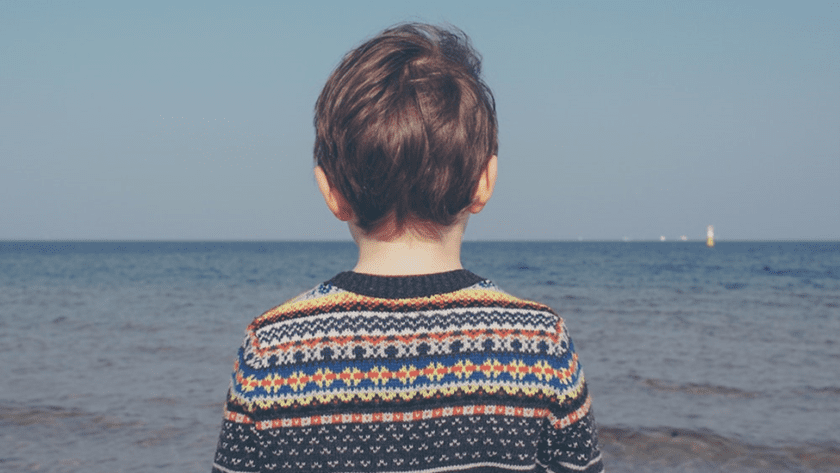No parent ever wants to believe that someone has touched their child inappropriately, be it a family member, friend, or a church or local group member. However, it happens more than you might think, with one in four girls and one in 13 boys having experienced child sexual abuse in the United States.
Every child is different, and some display a range of signs indicating they might have experienced something traumatic, while others won’t show any at all. Not all children will also report what has happened to them, and not all signs will mean that abuse has occurred. However, if you suspect something has happened and notice any of the following signs, now might be the right time to get to the bottom of the situation.
Acting Out and Acting In Behaviors
Ask any church sexual abuse attorney, and they will tell you that ‘acting out’ and ‘acting in’ are common signs of sexual abuse in children. Some children will act out with aggressive and destructive behaviors, and older children might start acting out of character at school by getting into trouble or being truant.
Some children do the opposite and ‘act in’ with behaviors like depression and withdrawing from friends and family. If you’ve noticed any of these behaviors, and they coincide with others, it can be important to reach out to your child to find out more.
Changes in Eating, Sleeping, and Hygiene
Many children who have been victims of sexual abuse change how they eat, sleep, and care for themselves. Some children experience appetite loss and aren’t as interested in their food, while others experience sleep changes like nightmares, waking up frequently, or not falling asleep as quickly as they used to. Even hygiene can change noticeably, with some children bathing excessively and others bathing less often.
Clingy or Distant Behavior
Some children are naturally uncertain and clingy, preferring to stick with people they know and avoid being around people they don’t. However, if such behavior is new to your child, take notice. Some children experiencing sexual abuse will not want to leave the company of people they know and trust, such as a caregiver, parent, or sibling. In contrast, some children who might typically prefer to be around their loved ones might withdraw themselves and choose to be isolated and alone.
Self Harm
Some sexual assault survivors use self-harm to cope with painful or difficult feelings. Common self-harm forms can include hitting the body, biting, cutting, pulling out hair, and picking at skin.
While some children and teenagers might inflict harm on themselves within a short period of being subjected to abuse, others will use it as a coping mechanism later in life. Some studies have found a clear statistical association between childhood sexual abuse and self-harm.
If you notice self-harm in anyone, be it your child, someone else’s child, or an adult, take action. Consider seeking help from a professional and let them know that support is available and that you care about their well-being.
Spotting signs of sexual abuse in children is never easy, and you might be unsure that you’ve read the situation correctly. However, if you’ve noticed a combination of these signs above, investigate the situation further and see if legal assistance and mental health services are required.




